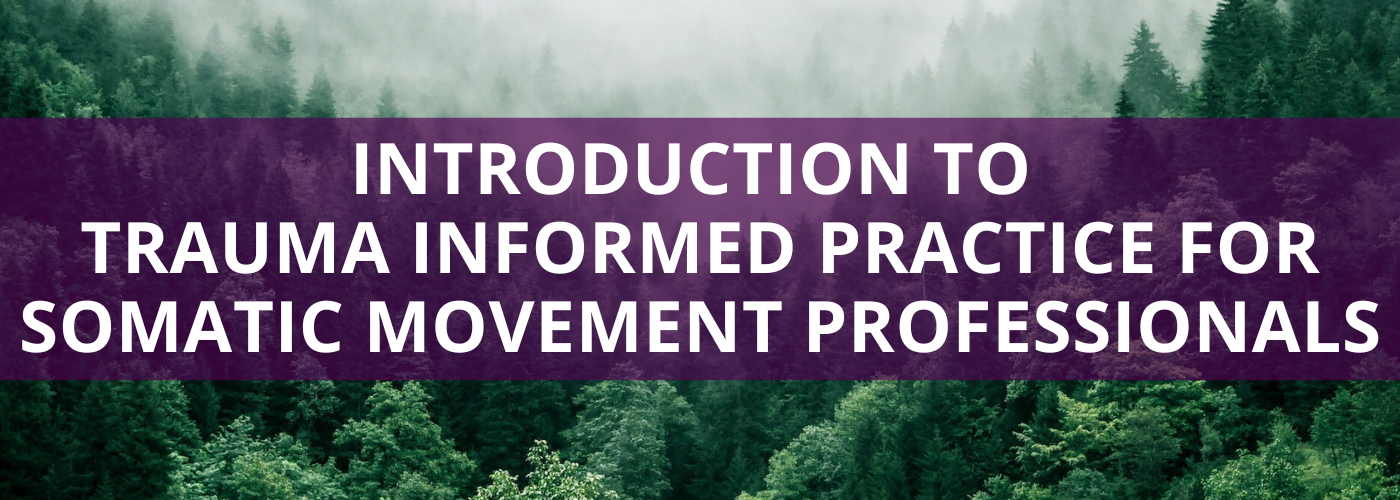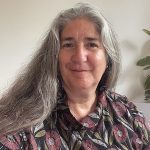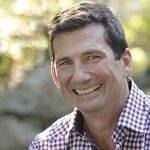
COURSE INFORMATION
Module I
Welcome
Day 1
Day 2
Day 3
Module II
Day 1
Day 2
Day 3
Module III
Day 1
Day 2
Day 3
Module IV
Day 1
Day 2
Day 3
ISMETA MEMBERS
Pre - registered NON MEMBERS
Module I
Welcome
Day 1
Day 2
Day 3
Module II
Day 1
Day 2
Day 3
Module III
Day 1
Day 2
Day 3
Module IV
Day 1
Day 2
Day 3




